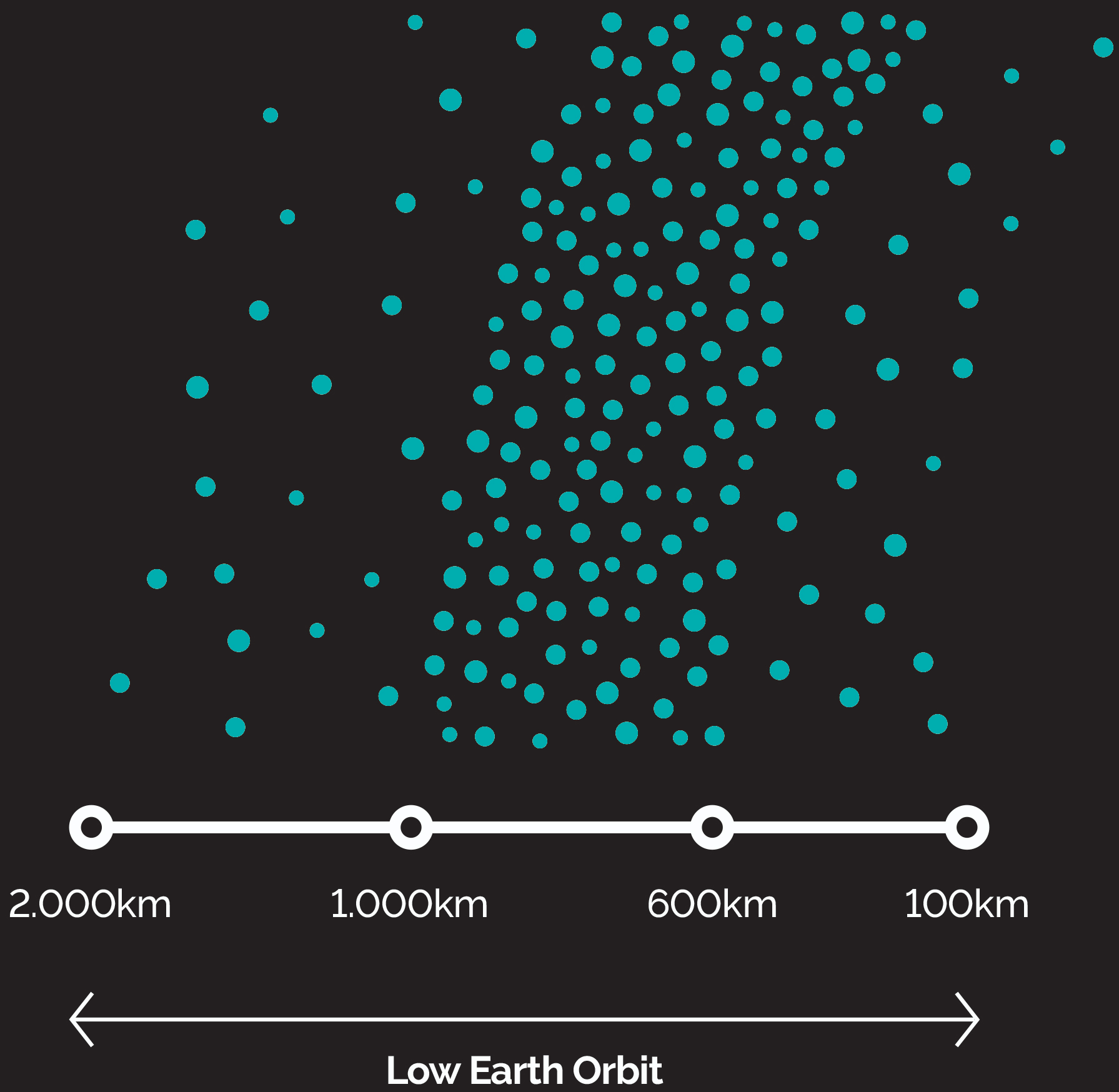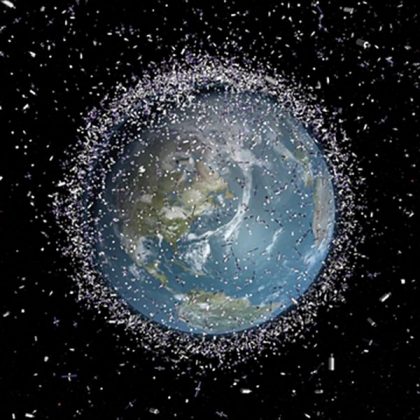In 2013, Astroscale was founded with the goal of creating a sustainable space environment. It is an enormously challenging task, but we have made incredible progress throughout the years and in 2021, we launched the world’s first commercial debris removal technology demonstration satellite. The sustainable space era begins.
Nobu Okada, Founder & CEO of Astroscale
Our Pillars
Our first technology demonstration, ELSA-d, will prove the core technologies necessary for space debris docking and removal. ELSA-d is just the beginning of our on-orbit servicing technology roadmap.
Our team is working tirelessly with policy makers and decision makers in governments across the globe. We’re committed to getting licensing and regulation in place that will foster a sustainable space environment and market.
The success of the on-orbit servicing market depends on incentives and a doable price point. How do we get operator buy-in for the idea that satellites should contribute to society through their operational phase, and not threaten the space environment when they're done?

There are millions of pieces of debris in orbit that are too small to be tracked.

Pieces of space debris over 10cm in diameter being tracked, currently.

Orbiting up to vast speeds

Satellites launched to-date

Currently orbiting, 10,000 still functioning


Most satellites operate in Low Earth Orbit (between 800-2,000km), the same area where the majority of space debris is found.
 Securing Our Orbital Highways
Securing Our Orbital Highways(1) End-of-Life (“Don’t add any more debris to the orbital environment”)
(2) Active Debris Removal (“Bring down large debris that are currently in orbit”)
(3) Life Extension (“Service GEO satellites reaching end of life or useful in a new orbital location”)
(4) In-Space Situational Awareness (“Acquire data to better understand the characteristics of objects in orbit”)
For all services, Astroscale is focused on preserving the space environment.
The rise of large commercial satellite constellations in low Earth orbit (LEO) will provide services that improve quality of life on Earth. They will also lead to an increase in the number of objects in key orbits, raising the risk of further debris creation and threatening the very services space systems provide. With over 10,000 satellites scheduled to launch in LEO over the next 10 years, we need pro-active strategies for post-mission debris disposal to maintain the safe use of LEO orbits for the benefit of humankind.
There are already thousands of pieces of existing large debris, consisting of defunct satellites and spent upper stage rocket bodies, that are currently in orbit. This service requires a “non-cooperative” grappling solution as this debris was not prepared for de-orbit before launch. Astroscale is partnering with national space agencies and international organizations to research and develop missions that incorporate innovative solutions for capture and removal of existing environmentally critical debris.
As satellite operators face an increasingly competitive environment and evolving end-user demands, solving the challenge of optimizing asset & fleet utilization is more critical than ever. Yet the solutions in use today remain limited. Astroscale’s LEXI™ – Life Extension Services In-orbit – is a robust and cost-effective solution that opens a range of new choices and enhanced flexibility for fleet management.
Before we can safely remove defunct satellites and other debris from orbit, we must understand them. ISSA includes the location, close approach and rendezvous with an object, followed by the acquisition of in-space data to better understand the movement characteristics of the object.
Astroscale is deeply involved in the global conversation on regulations, policy, and standards. Both national governments and international organizations have recognized the risks posed by space debris and are considering solutions. Japan, the United Kingdom, ESA, European Union (EU) and the United States are considering legislation, policies and budget lines that support monitoring and removal of potentially harmful debris. Additionally, multiple international organizations and trade associations are discussing how to implement best practices.
The development of best practices and standards for space traffic management is also increasingly reliant on non-governmental or industry efforts. Commercial and private entities must understand this changing environment and seek international consensus on best practices and norms of behavior. In addition to participating in discussions among national entities, Astroscale is closely involved in various formal and ad hoc industry groups as well as international organizations.
Governments alone will not solve the problem; while governments and international frameworks may be able to shape the discussion, the missing enabler has been identifying commercial incentives that could address the problem. This is where Astroscale comes in. There needs to be collaboration among large business, ventures and government. Over 50% of active satellites today are commercially operated. All must play a role.
The UN defines sustainable development as “meeting the needs of the present without compromising the ability of future generations to meet their own needs” and this principle applies to business as well. To ensure successful business in the future, we must invest in sustainable and forward-looking practices today.
© Astroscale 2024. Web by Eldo Web Design. | Terms & Conditions | Privacy Policy
